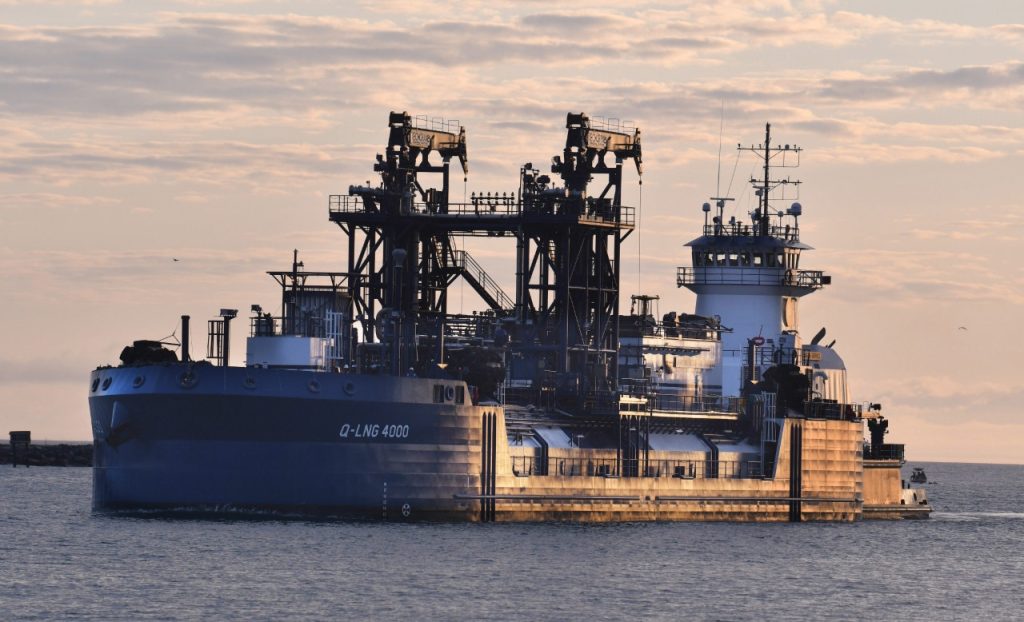Ukraine recently received its first shipment of liquefied natural gas (LNG) from the U.S., marking a positive development for the country as it seeks to increase its purchases of U.S. supplies and safeguard against supply concerns in the region. The shipment, totaling 100 million cubic meters of U.S. LNG, was sent to an LNG regasification terminal in Greece before being delivered to Ukraine. This delivery follows a supply deal signed between Ukraine’s private energy company, DTEK, and U.S.-based LNG supplier Venture Global in June. The agreement allows Ukraine to purchase an unspecified amount of LNG from Venture Global through 2026. Additionally, a separate 20-year agreement was signed between the two companies in line with traditional longer-term LNG supply contracts.
Amid the delivery of U.S. LNG to Ukraine, Russian gas giant Gazprom is set to halt all piped gas deliveries through Ukrainian pipelines to other European countries, following the expiration of a five-year contract. While Ukraine does not purchase Russian gas supplies, the European Union remains heavily reliant on imported gas, including from Russia. Despite the recent shutdown of the Nord Stream 1 gas pipeline, the EU still relies on piped Russian gas for approximately 5% of its total gas imports. This has raised concerns about how the EU would manage in the event of a supply emergency or harsh winter. In response to these worries, Ukrainian officials are hopeful that the additional U.S. LNG supplies can help offset any potential supply crises in the EU.
The arrival of U.S. LNG in Ukraine is seen as a crucial step in diversifying the country’s energy sources and reducing its dependence on Russian gas. By securing LNG supplies from the U.S., Ukraine aims to enhance its energy security and limit Russia’s influence over its energy system. DTEK CEO Maxim Timchenko emphasized the importance of such shipments, highlighting how they provide the region with a secure and flexible source of power while diminishing Russia’s control over the energy sector. This move aligns with Ukraine’s efforts to strengthen its energy independence and resilience in the face of geopolitical challenges.
Germany recently accused Tesla CEO Elon Musk of attempting to interfere in its national elections, raising questions about foreign involvement in domestic affairs. The accusation came amidst ongoing discussions about energy security, particularly in light of the cessation of Gazprom’s gas deliveries through Ukrainian pipelines. As countries grapple with potential supply disruptions and geopolitical tensions, the role of external actors like the U.S. and Russia in energy markets has come under increased scrutiny. These developments underscore the importance of diversification, collaboration, and strategic partnerships in ensuring stable and sustainable energy supplies for all stakeholders involved.
As European countries confront the challenges of energy security and supply stability, the arrival of U.S. LNG in Ukraine represents a significant step towards enhancing regional resilience and reducing reliance on traditional gas suppliers like Russia. The partnership between Ukraine and U.S.-based LNG suppliers reflects a broader trend towards diversification and flexibility in energy sourcing, aiming to mitigate geopolitical risks and enhance energy security for all parties involved. By leveraging strategic agreements and expanding access to alternative energy sources, countries can better navigate uncertainties in the global energy market and build more robust energy systems capable of withstanding future disruptions.


